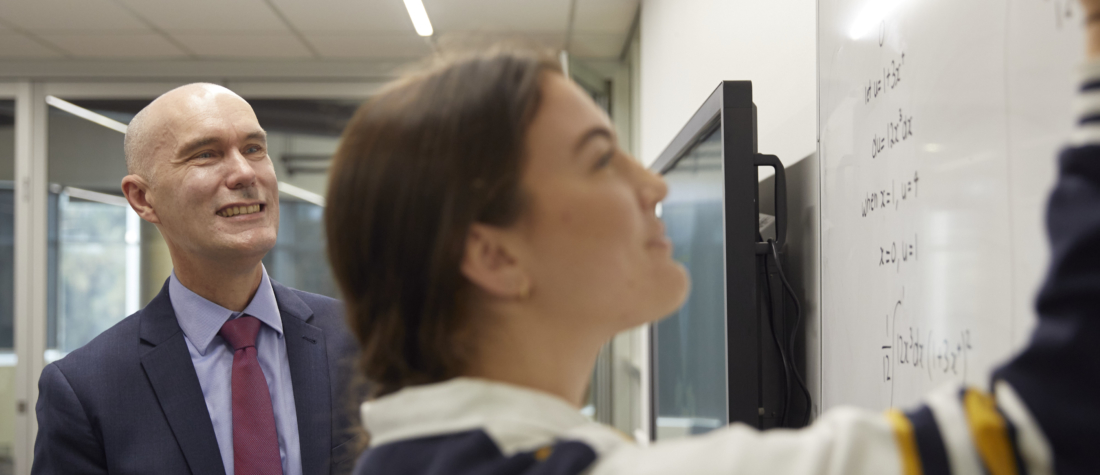Dr Rachel White, a lecturer at the University of Sydney, wrote an article which appeared on the Sydney Morning Herald website last week which caught my eye. You can find the whole article here.
You are probably aware of the fact that the Great Resignation (also known as the Big Quit or the Great Reshuffle) has impacted many workplaces where staff, having experienced the uncertainty associated with COVID-19, have considered changing careers or moving out of the workforce altogether. In the article, Dr White cites research which suggests as many as 84% of teachers have considered moving out of the profession over the past year. One of the reasons for this, which she refers to later in the article, is that being a teacher is challenging, made all the more difficult when parents and policymakers do not trust teachers to do their job.
This issue of trust is closely related to the issue of respect. A study conducted in the US revealed that the number of parents who respected teachers had dropped from 91% (when they were at school) to 49%. This study was conducted prior to the lockdowns, but there is reason to think that these results would be similar today. I think it is uncontroversial to suggest that respect for teachers across our society has dropped significantly over the course of a generation.
At Inaburra, however, it has been my experience that parents do show respect for our teaching staff and do trust them to do their job. I receive many emails from parents outlining how much they appreciate the efforts of different staff and I try to ensure that these messages of support are passed on to the relevant staff member. Teaching is a profession where positive feedback is rare and when it is forthcoming from parents, it is always greatly appreciated and welcomed.
And yet, there are instances within our community of parents treating staff with disrespect which is concerning, reflecting perhaps a more widespread attitude within our community. I have had a small number of staff share with me their experiences with some parents that have been overly hostile, sometimes rude, sometimes even abusive. These are, I have to say, very rare, but they do represent a reality that would have been unthinkable twenty or thirty years ago.
I would suggest that one of the factors which is leading to these unhelpful interactions is that parents today are under greater pressure to “hold everything together”. Many parents are working longer hours, are under greater financial stress due to larger mortgages and the rising cost of living, and are also trying to manage difficult family circumstances, multiple households and ageing parents. It is not that surprising when parents who are under such pressure lose their cool and take out their frustrations on another person – in this case, the classroom teacher who turns up to work each day to teach their child to the best of their ability.
This does not justify the behaviour, however. We all have our bad days where we say things we regret. In such situations, it behoves each of us to seek restoration and forgiveness, to acknowledge that we have acted inappropriately and to do what we can to mend and repair relationships that have been damaged by our actions. When we strive to build relationships with one another rather than tear each other down, we generate better outcomes for all involved. But more importantly in the context of our school, we provide our young people with a model for them to adopt as they seek to navigate challenging conversations in the future.
As the apostle Paul outlines time and again, there is always a better way, and that is the way of love.
4 Love is patient, love is kind. It does not envy, it does not boast, it is not proud. 5 It does not dishonour others, it is not self-seeking, it is not easily angered, it keeps no record of wrongs. 6 Love does not delight in evil but rejoices with the truth. (1 Corinthians 13)
Patience, kindness, humility, being slow to anger, having a respect for the truth and looking out for the needs of others ahead of our own – these are the qualities that we seek to encourage in our students as they engage with staff and with one another. These are the character traits that will enable them to learn at school and over the course of their lives – that will see them flourish and grow into the future, being a blessing to those around them in their workplace, at home and in our wider community.
Dr James Pietsch
Principal

